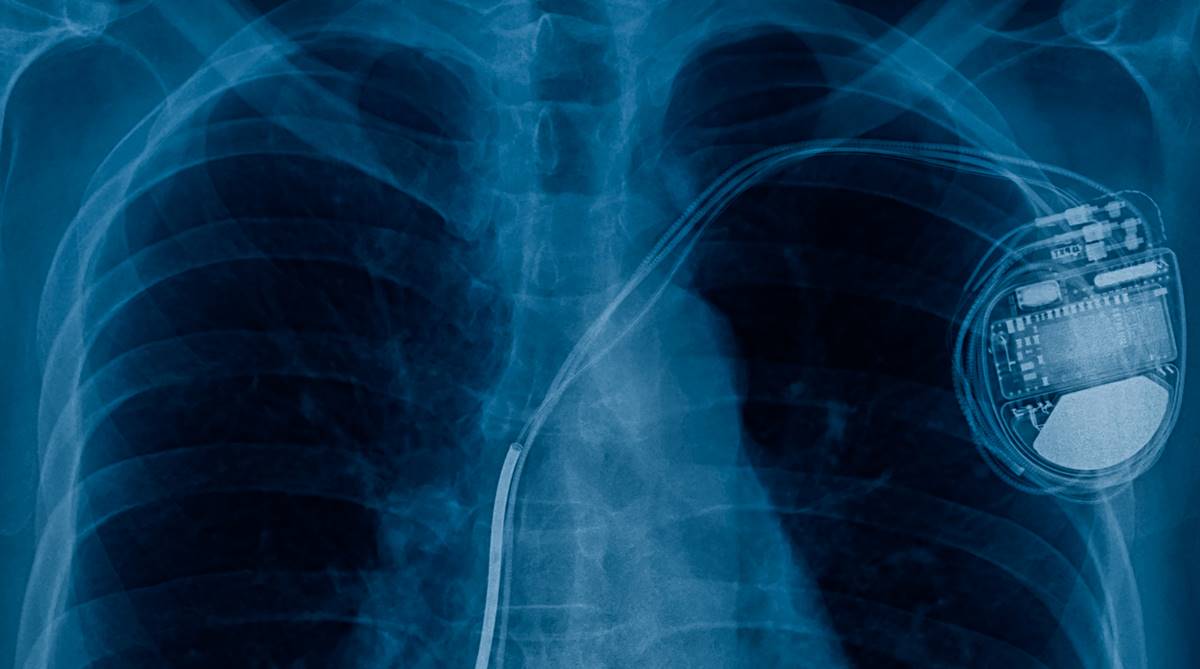Why Africa’s Covid vax plant failed to take off
Last year, South African drug maker Aspen Pharmacare signed a deal with US drug maker Johnson & Johnson to produce the Covid vaccine.
According to the ICIJ, 80 per cent of the countries in the world have no publicly available data about device safety issues.

The number of patients reporting to doctors with botched-up device surgeries is increasing in India. (Photo: Getty Images)
The International Consortium of Investigative Journalists, or ICIJ, after a yearlong examination, has come out with an explosive report about the booming medical device industry in the world. Called the Implant Files, the report compiles findings of an investigation spanning 36 countries and details how patients around the world have become “unwitting test subjects for new medical technology”.
“Often following the trusted advice of their doctors, they have been injured, maimed and killed by poorly-tested implants,” says the ICIJ.
The Implant Files carry investigation done by more than 250 reporters and data specialists from 59 news organisations in the 36 countries over the last one year. The investigation entailed interviews of the employees of global majors in the medical device market, reviewing their testimony, and speaking with government officials, patients, doctors and experts, besides examination of “tens of thousands of pages of court filings, company records, regulatory reports, government audits, lobbying records, transcripts of analyst calls, medical journal articles and other documents”.
Advertisement
The Indian Express, which is part of the ICIJ, carried out a 10-month-long investigation in India and found out how no regulatory system exists in the over Rs 35,000-crore market where global pharma majors do the hardsell for their medical devices that are advertised, sold and then surgically implanted. These devices include coronary stents, pacemakers, breast and knee implants, pelvic meshes and intrauterine devices, and the investigation unearths a “dubious nexus” between the global majors and hospitals.
The companies under the scanner include Medtronic and Stryker, Abbott and Bayer, and Johnson & Johnson.
The number of patients reporting to doctors with botched-up device surgeries is increasing in India. Johnson & Johnson is already facing a case in the Supreme Court over faulty hip implants that have affected over 4,000 people.
AIIMS in Delhi runs dedicated facilities to treat patients who come with botched-up orthopaedic implantation surgeries.
A NEW GLOBAL INVESTIGATION: Health authorities have failed to protect millions worldwide from poorly tested implants that can sicken, maim and kill, the very people they were designed to help. https://t.co/I5DL5CI152 #ImplantFiles pic.twitter.com/CHvkYaq1ON
— ICIJ (@ICIJorg) November 25, 2018
In a startling finding, the Express report says manufacturers usually don’t tell patients, or say it very late, that the device implanted in their body has been withdrawn for use globally. FDA data shows it never made public details of the recalled devices distributed in India.
Also, most medical and diagnostic medical equipment used in private clinics and hospitals are found to have been imported as “pre-owned” or “second hand”, and no assessment is done on their accuracy or safety levels.
India is currently the fourth largest medical devices market in Asia — after Japan, China and South Korea.
While the lack of a regulatory system for implant of medical devices is deeply felt, a Bill drafted 12 years ago in this regard is yet to be enacted. The NDA government had intended to pass the law but introduced only medical device rules last year. The Medical Device Rules, 2017, came into effect on January 1, 2018.
In India, medical devices continue to be regulated by the Central Drugs Standard Control Organisation as “drugs” via the Drugs and Cosmetics Act, 1940, and the newly introduced Medical Device Rules, 2017. The National Pharmaceutical Pricing Authority of India monitors the prices of medical devices.
According to the ICIJ, 80 per cent of the countries in the world have no publicly available data about device safety issues. The consortium is now launching the International Medical Devices Database to plug the gap.
Advertisement